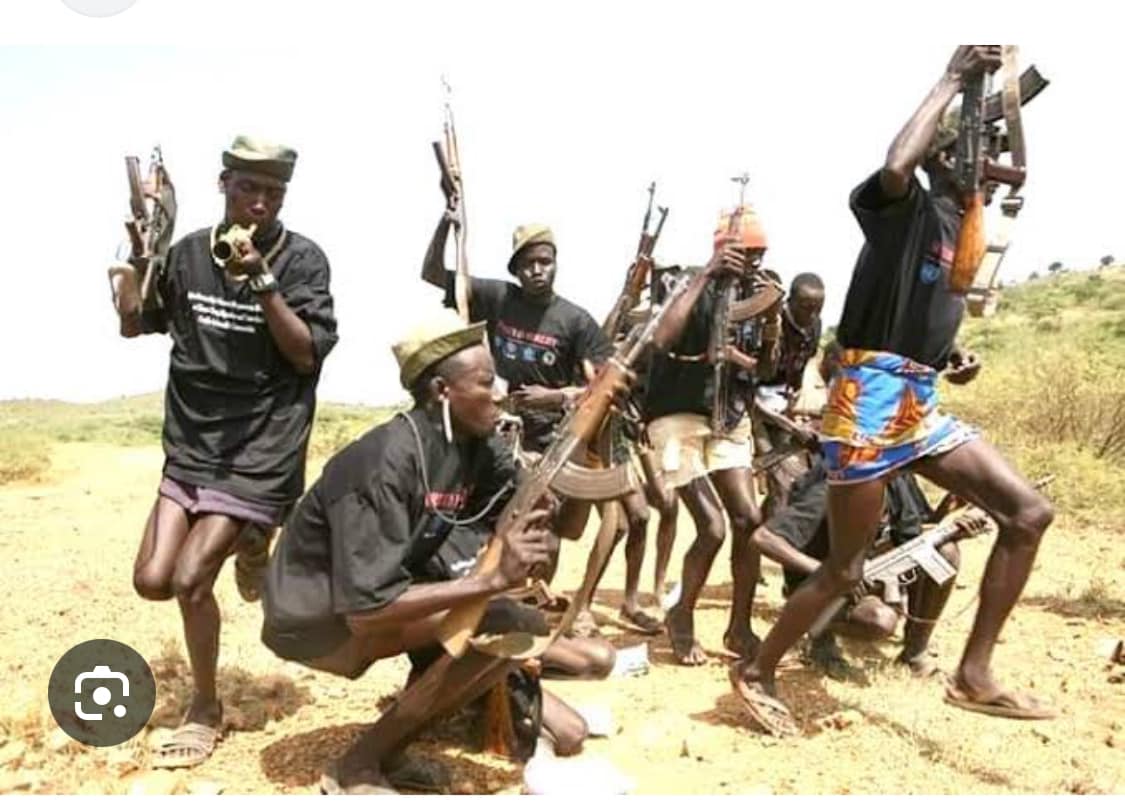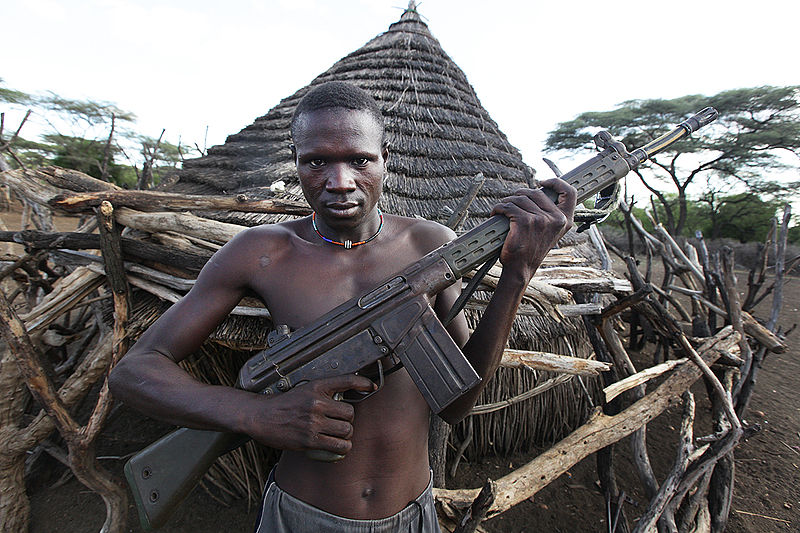The war in South Sudan is one of the most complex and tragic conflicts in modern Africa, shaped by decades of colonial rule, ethnic divisions, and power struggles.
While most headlines focus on the latest skirmishes and ceasefire attempts, the real story goes much deeper, rooted in a bloody past that stretches back long before South Sudan even existed as an independent country.
Table of Contents
From Colonialism to Civil War
Like much of Africa, Sudan’s borders were drawn up by European colonial powers with little regard for the ethnic, cultural, and religious divisions on the ground. The British and Egyptians jointly ruled Sudan in a rather dysfunctional colonial marriage, but their administration disproportionately favored the Arab Muslim north while largely neglecting the predominantly Christian and animist south.
When Sudan gained independence in 1956, the cracks in this artificial construct quickly became apparent. The Arab-dominated government in Khartoum sought to impose Islamic law and central control over the entire country, sparking fierce resistance in the south. What followed was Africa’s longest-running civil war, stretching from 1955 to 1972 and then reigniting in 1983.
During this second civil war, the Sudan People’s Liberation Army (SPLA) emerged as the dominant southern rebel force under the leadership of John Garang. The war was brutal, killing an estimated two million people and displacing millions more. South Sudan became a battleground for Cold War politics, with the US and its allies backing the SPLA while Sudan’s government received support from China and the Arab world.
Peace finally arrived in 2005 with the signing of the Comprehensive Peace Agreement, which granted South Sudan autonomy and the right to hold an independence referendum.
Click to read about Bir Tawil.

Birth of a Nation, Birth of a New Conflict
In 2011, South Sudan voted overwhelmingly for independence, and the world’s newest country was born. But the celebrations didn’t last long. The unity that had held South Sudan’s factions together during the war with Sudan quickly unraveled. The SPLA, once a liberation movement, had no experience in governance, and its leaders were more focused on personal power than on building a functioning state.
Tensions boiled over in 2013 when President Salva Kiir, a Dinka, accused his former vice president, Riek Machar, a Nuer, of plotting a coup. What followed was a brutal civil war along ethnic lines, with mass killings, rape, and atrocities committed by both sides. The war in South Sudan turned the world’s youngest country into one of its most unstable.
Despite numerous ceasefires and peace deals, fighting has continued in various forms. The 2018 peace agreement saw Machar reinstated as vice president, but the country remains divided, with local warlords and militias carving out their own fiefdoms.
Click to read about Abyei.

Human Cost of the War In South Sudan
The war in South Sudan has left nearly 400,000 dead and displaced over four million people, many of whom have fled to neighboring Uganda, Ethiopia, and Sudan. The economy is in ruins, with oil production—South Sudan’s main source of revenue—plummeting due to ongoing violence and corruption.
The international community has tried, and largely failed, to bring stability. The United Nations has peacekeepers on the ground, but they’ve been accused of being ineffective at best and complicit at worst. Meanwhile, foreign powers, as well as NGO’s with vested interests—particularly those in the west continue to push their own agenda.

Photo: Steve Evans, CC
What’s Next for South Sudan?
While there have been moments of hope, such as the formation of a unity government in 2020, peace remains fragile. Recent events, such as the closing of embassies and the exit of foreign nationals leads many to believe that things are about to get a whole heap worse. There is of course hope that catastrophe can be avoided, but as time moves on hopes of this are becoming slimmer.
From a tourism point of view this is an ongoing and indeed dynamic situation that we are not juts monitoring, but are in discussions about with our friends and colleagues within the country. As always YPT will keep everyone updated on issues related to the visiting South Sudan.
Click to read about our South Sudan Tours.






